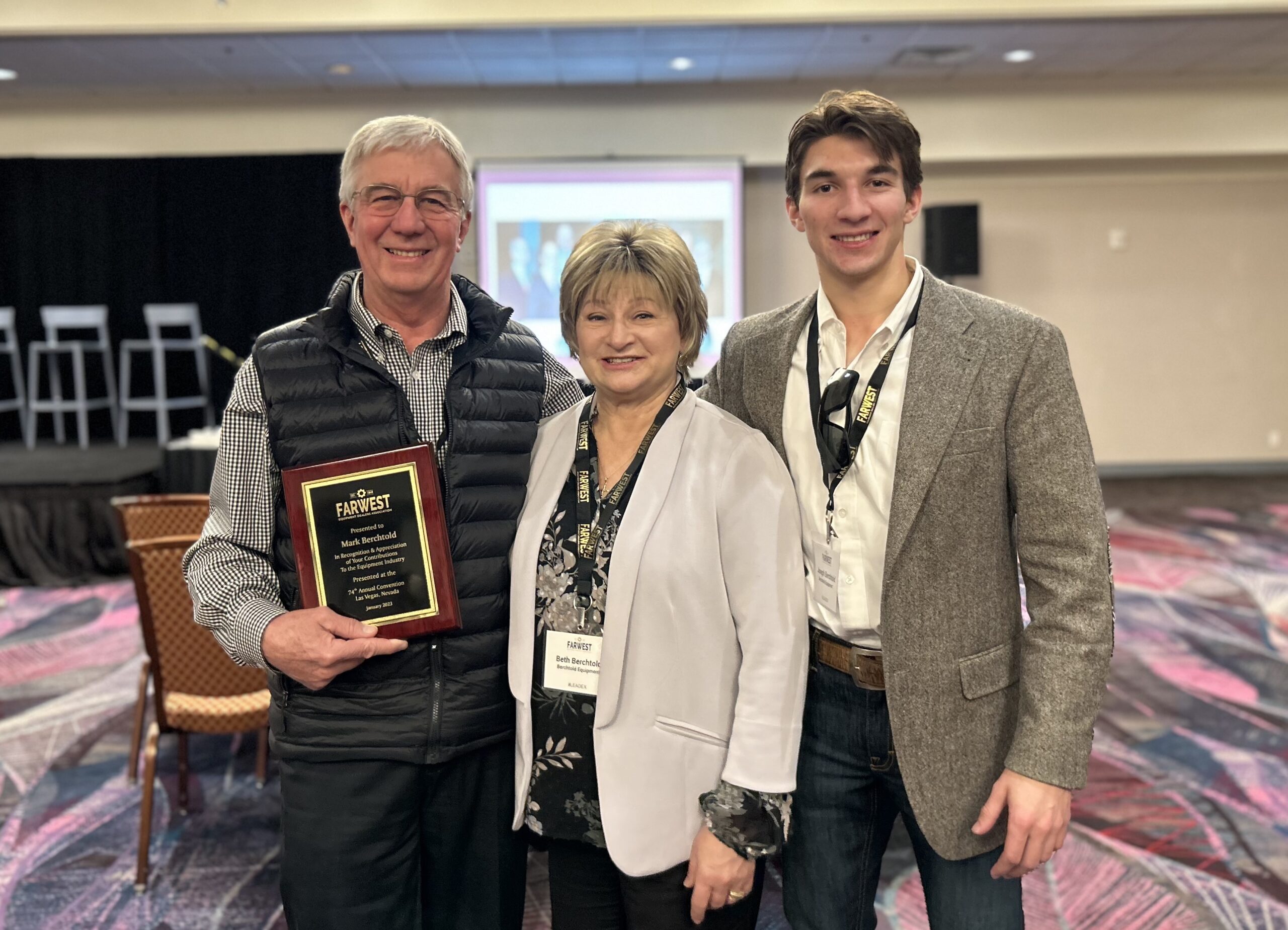This year has been tough on Shayne Newman, the owner of the Connecticut-based landscaping company YardApes.
For the past two decades, Newman’s business has come to rely on help that comes via the H-2B visa program, which allows employers to hire foreign workers for seasonal, nonagricultural employment.
But this year, Newman was not able to secure the 15 H-2B visas he requested, leaving him short on workers and overly reliant on his full-time employees to pick up the slack. As a result, he says, his staff is working longer hours, the company’s sales volume has dropped and customer complaints have gone up. So far this season, YardApes lost a contract that accounted for about 10% of the business’ overall revenue.
“This has been the most challenging year that I’ve dealt with business-wise,” says Newman. “We’ve got all hands-on-deck and we’re doing what we can to get the fieldwork done, but it’s definitely been a challenge.”
Companies that rely on seasonal workers have found themselves in similarly tough spots this year because, for one, the economy is strong. Landscaping companies have been hit the hardest — they employ more H-2B visa holders than any other industry.
The federal government allots 66,000 H-2B visa slots every year that are given out semi-annually. In order to qualify for H-2B visas, employers must first attempt to hire American workers. But landscaping professionals say that because there are fewer out-of-work Americans willing and able to accept seasonal work in their industry, demand for foreign workers has increased.
Source: Time Magazine










